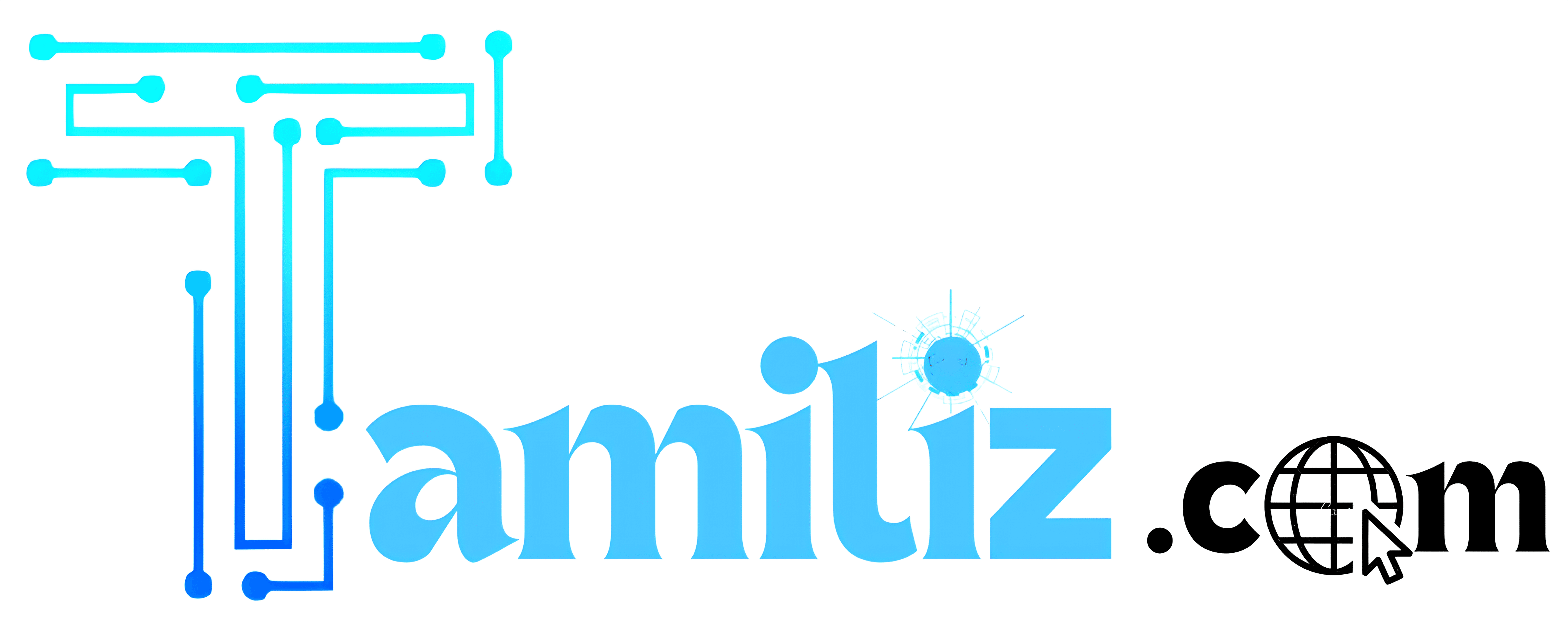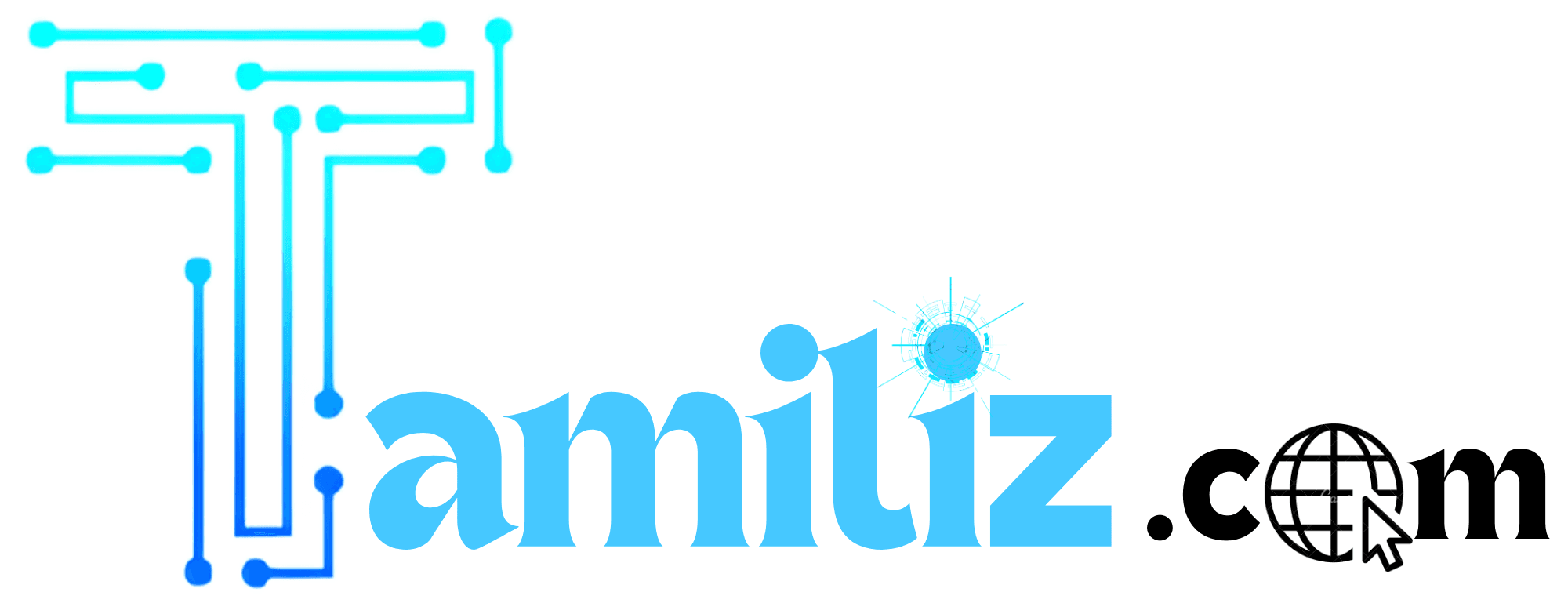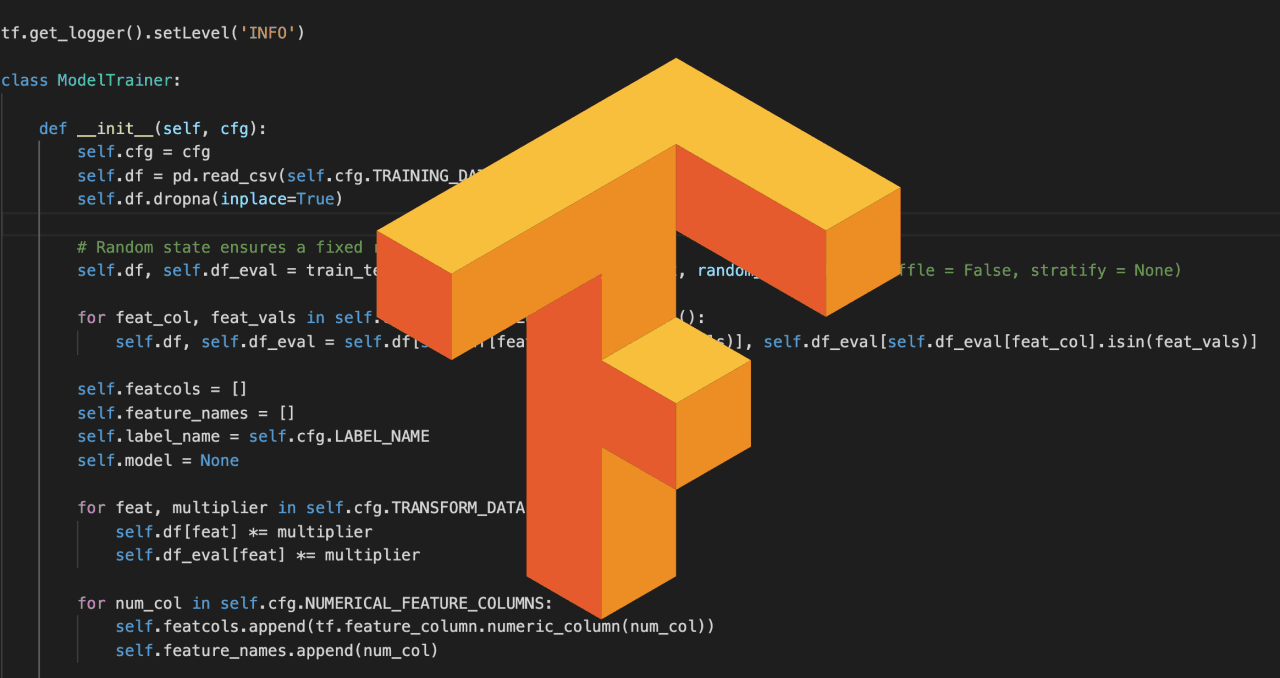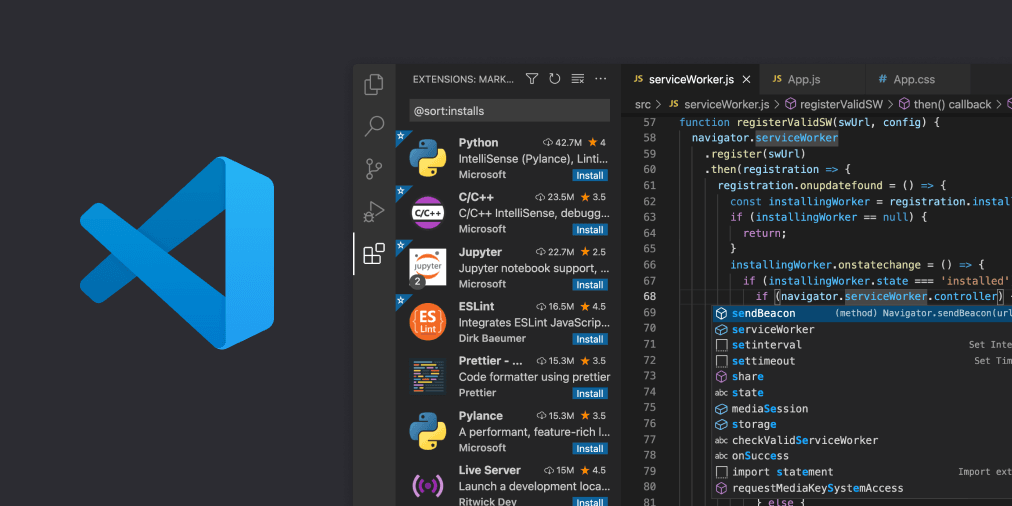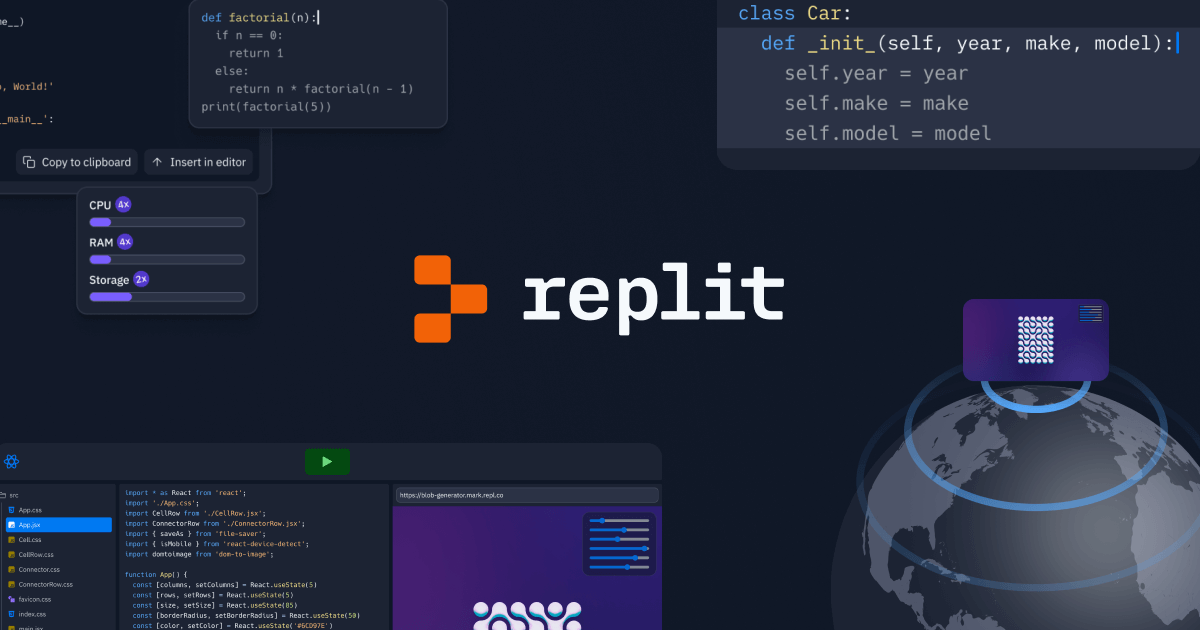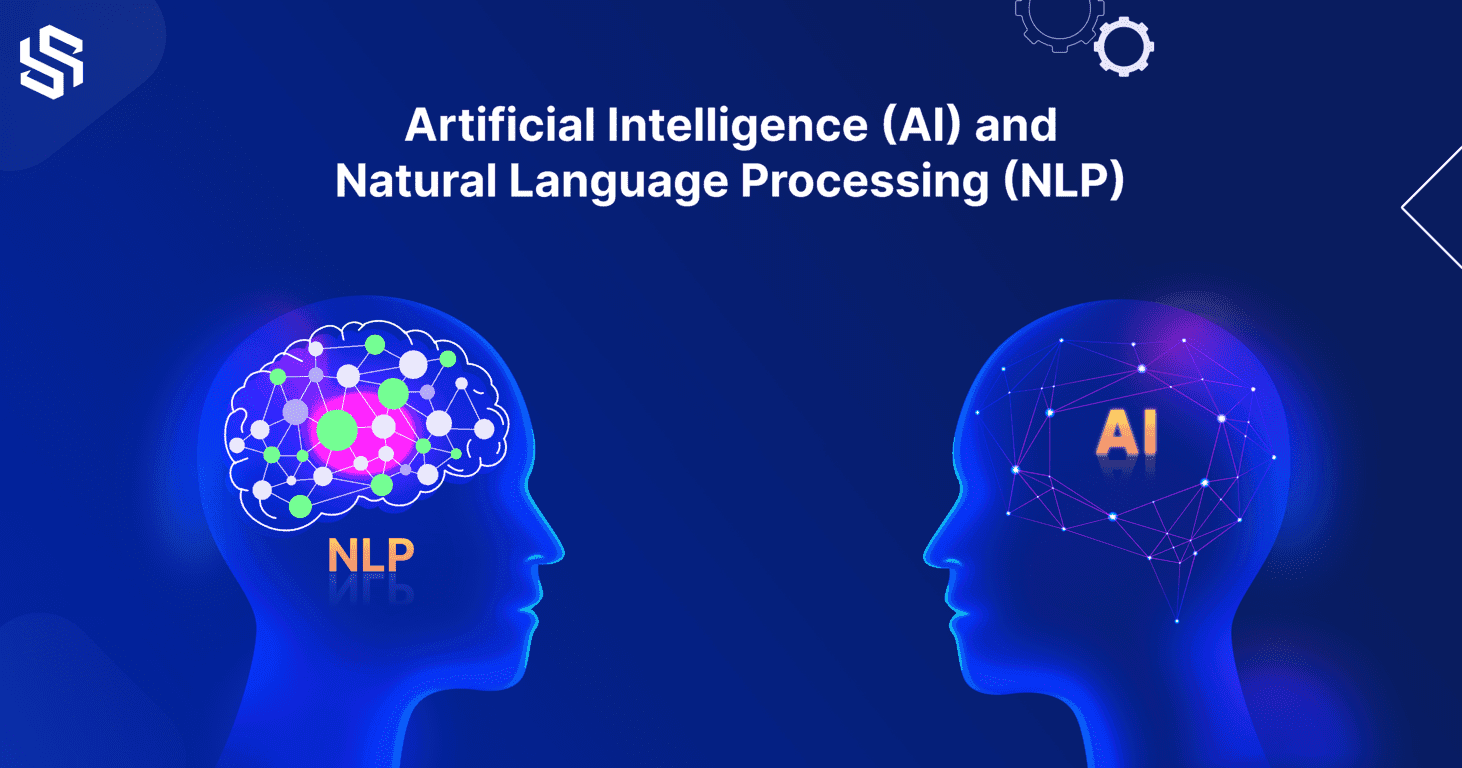Introduction
Coding with AI is now possible as we in the new tech era. The advent of Artificial Intelligence (AI) has ushered in a new era in software development, transforming how programmers approach coding tasks. By leveraging AI, developers can automate repetitive tasks, enhance productivity, and create more intelligent applications. This article explores the key AI companies making an impact in the coding landscape, the features and benefits of AI coding, the associated disadvantages, its future, and concludes with the implications of this technology for developers and the industry as a whole.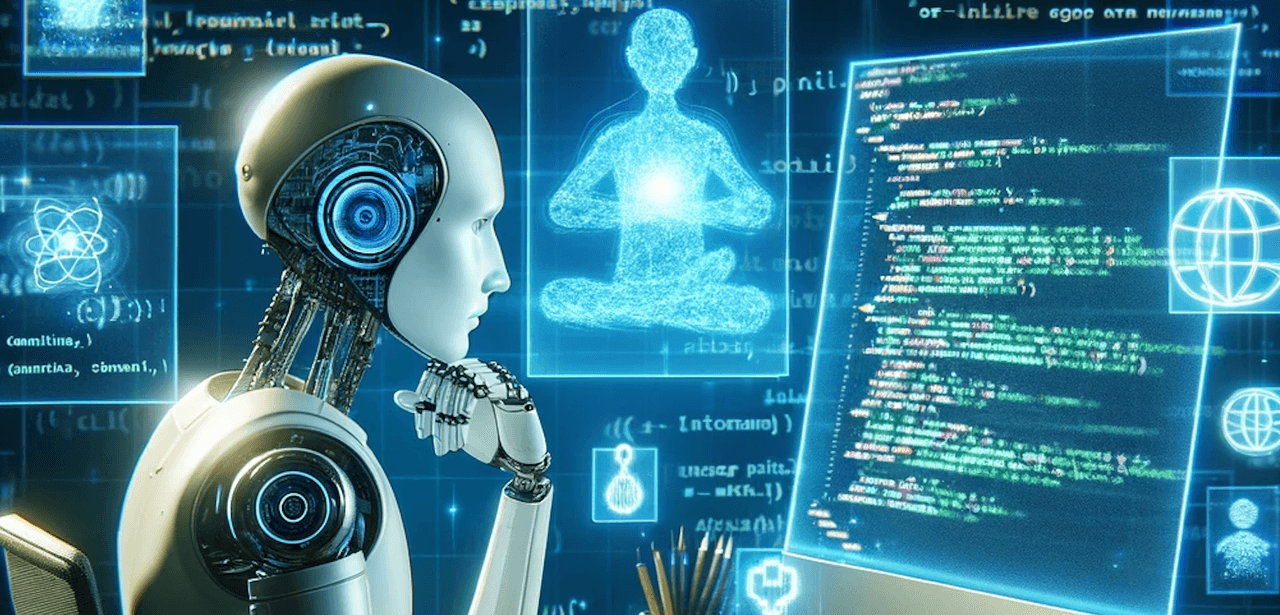
AI Companies in Coding
- GitHub Copilot:
Developed by GitHub in collaboration with OpenAI, Copilot serves as an AI-powered codecompletion tool that assists developers by suggesting code snippets and functions based on context - OpenAI:
Known for creating models like GPT-3, OpenAI contributes to coding by offering natural language processing capabilities that can understand and generate code - Google:
With tools like TensorFlow and AutoML, Google empowers developers to build machine learning models with minimal coding expertise, making AI more accessible - Microsoft:
Through Azure and Visual Studio IntelliCode, Microsoft provides AI tools that enhance coding efficiency and support developers with intelligent suggestions. - Replit:
This online coding platform uses AI to help users write code more efficiently by providing instant feedback and code suggestions.
Features of Coding with AI
- Code Completion:
AI can predict and suggest code as developers type, reducing the time spent on writing repetitive code. - Bug Detection:
AI algorithms can analyze code to identify potential errors and vulnerabilities before they lead to significant issues.
- Automated Testing:
AI can automate testing processes, allowing for more thorough and rapid validation of software. - Natural Language Processing:
AI tools can interpret natural language queries, enabling developers to generate code by describing what they want to achieve in plain language.
- Learning from Feedback:
AI tools can adapt based on user behavior, continuously improving their suggestions and functionality over time.
Benefits of Coding with AI
- Increased Productivity:
By automating mundane tasks and providing intelligent suggestions, developers can focus on more complex and creative aspects of coding. - Faster Development Cycles:
AI can significantly reduce the time taken to write, test, and deploy code, accelerating the software development lifecycle. - Improved Code Quality:
With AI’s ability to detect errors and suggest best practices, the overall quality of the code produced is likely to improve. - Enhanced Collaboration:
AI tools can facilitate better communication and collaboration among team members by providing shared insights and suggestions. - Skill Development:
Junior developers can learn from AI suggestions, helping them improve their coding skills and understanding of best practices.
Disadvantages of Coding with AI
- Over-Reliance on AI:
Developers may become overly dependent on AI tools, potentially leading to skill degradation over time. - Bias in AI Models:
AI systems can inherit biases from training data, which may lead to flawed or suboptimal coding suggestions. - Security Concerns:
Automated code generation may introduce vulnerabilities if not carefully monitored and tested. - Loss of Creativity:
Relying too much on AI for coding might stifle innovation and creativity, as developers may follow AI suggestions rather than exploring original solutions. - Integration Challenges:
Incorporating AI tools into existing workflows may require adjustments and training, which can be time-consuming and costly.
The Future Coding with AI
- More Intelligent Assistance:
As AI models continue to evolve, we can expect even more sophisticated coding assistance, including context-aware suggestions that understand project-specific requirements. - Collaboration Between Humans and AI:
The partnership between developers and AI will deepen, leading to hybrid approaches where AI handles routine tasks while humans focus on high-level design and architecture. - Wider Accessibility:
AI coding tools will become more user-friendly, enabling non-programmers to create software applications with ease. - Ethical AI Development:
There will be an increased focus on developing ethical guidelines for AI in coding, ensuring fairness, transparency, and accountability in AI-assisted development. - Continuous Learning:
AI tools will leverage ongoing feedback and data to continuously improve their performance, creating a cycle of learning that benefits developers.
Conclusion
Coding with AI is revolutionizing software development, offering numerous benefits while also posing challenges. As developers increasingly embrace AI tools, they can expect to see improved productivity, code quality, and accelerated development cycles. However, it is essential to address the potential downsides, such as over-reliance and ethical considerations. By navigating these challenges thoughtfully, the coding community can harness the power of AI to create innovative and efficient solutions that will shape the future of technology.
